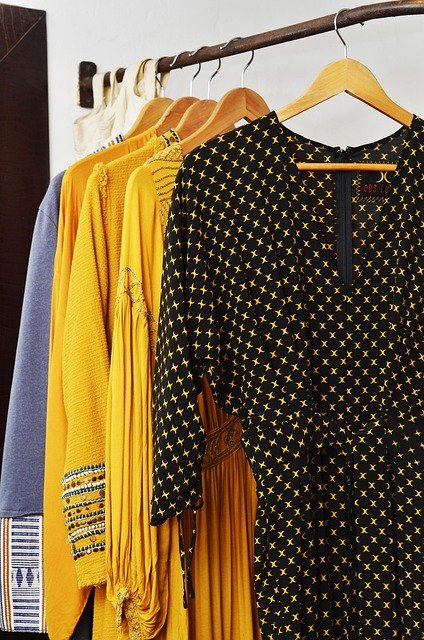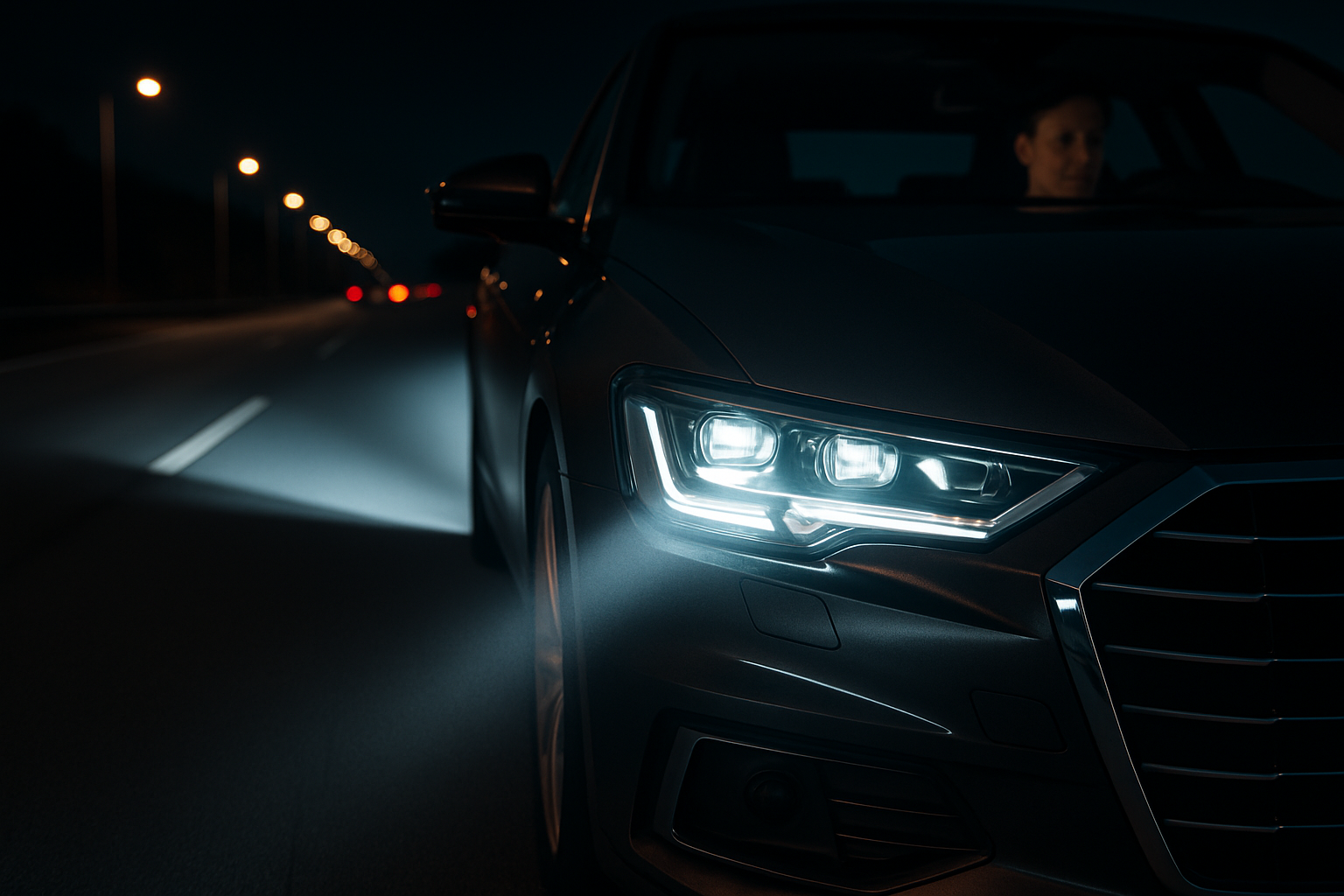Buy Here Pay Here Used Cars: What You Need to Know Before You Buy
Finding reliable transportation when dealing with credit challenges can be difficult. Buy Here Pay Here (BHPH) dealerships offer an alternative path to vehicle ownership for those who might not qualify for traditional auto loans. These dealerships function as both the car seller and the lender, providing in-house financing options for used vehicles. Before making a purchase, it's essential to understand how BHPH dealers operate and what to expect from the process.

Buy Here Pay Here (BHPH) dealerships represent an alternative path to vehicle ownership for many Americans, particularly those facing credit obstacles. Unlike traditional car dealerships that partner with banks or credit unions for financing, BHPH dealers handle both the sale and financing internally. This one-stop approach can provide opportunities for car ownership when conventional routes aren’t available, but it also comes with its own set of considerations that every potential buyer should understand.
What is Buy Here Pay Here (BHPH)?
Buy Here Pay Here is a financing model where the car dealership acts as both the seller and the lender. Instead of applying for an auto loan through a bank or credit union, customers finance their vehicle purchase directly through the dealership. This arrangement allows the dealer to make all decisions regarding loan approval, interest rates, payment terms, and collection methods.
BHPH dealerships typically focus on serving customers with poor credit histories, limited credit, or financial challenges that make traditional financing difficult to obtain. The name “Buy Here Pay Here” stems from the fact that customers often make their regular payments directly at the dealership location, although many modern BHPH dealers now offer online payment options as well.
These dealerships generally operate independently rather than as franchises of major automotive brands, allowing them to set their own policies regarding down payments, interest rates, and payment schedules.
Who Should Consider BHPH Used Cars?
BHPH dealerships primarily serve consumers who face significant barriers to obtaining traditional auto financing. This typically includes individuals with:
- Poor credit scores (generally below 600)
- Recent bankruptcies or repossessions
- Limited or no credit history
- Irregular income or employment history
- Previous auto loan defaults
For these consumers, BHPH dealerships may represent one of the few viable paths to car ownership. While traditional lenders might automatically reject applicants with serious credit issues, BHPH dealers focus less on credit scores and more on a customer’s current income and ability to make regular payments.
However, BHPH financing should generally be considered after exploring other options. Credit unions, online lenders specializing in subprime auto loans, or securing a co-signer might provide more favorable terms than typical BHPH arrangements.
How Does the Financing Work?
The BHPH financing process differs significantly from traditional auto lending. When you purchase from a BHPH dealer, you’ll typically experience:
Higher down payments, often ranging from $500 to $2,000 or more, depending on the vehicle price. These substantial down payments help reduce the dealer’s risk and demonstrate the buyer’s commitment.
Weekly or bi-weekly payment schedules rather than monthly payments. This approach helps dealers manage risk by collecting smaller amounts more frequently.
Higher interest rates, commonly between 15% to 30% APR, significantly above rates offered by traditional lenders. These elevated rates compensate dealers for the higher risk associated with lending to credit-challenged customers.
Shorter loan terms, typically 24 to 36 months, rather than the 60+ month terms common with traditional financing.
Many BHPH dealers also employ vehicle tracking and starter interrupt devices. These technologies allow the dealer to locate the vehicle if payments are missed and potentially disable the starter until payment arrangements are made.
What to Look for When Buying a BHPH Used Car
When considering a purchase from a BHPH dealership, thorough inspection and research are particularly important:
Vehicle history reports are essential. Ask for CARFAX or AutoCheck reports to reveal previous accidents, title issues, or odometer discrepancies.
Professional pre-purchase inspections by an independent mechanic can identify potential mechanical issues before purchase. Some BHPH dealers may resist outside inspections, which should be considered a red flag.
Warranty coverage varies significantly between BHPH dealers. Some offer limited warranties (30-90 days), while others sell vehicles strictly “as-is.” Understanding what, if anything, is covered can prevent unexpected repair costs.
Carefully review payment terms, including the total amount financed, interest rate, payment schedule, and consequences for late payments. Get all promises in writing, as verbal assurances may not be legally binding.
Research the dealer’s reputation through online reviews, Better Business Bureau ratings, and state consumer protection agencies. Established dealers with positive community reputations generally offer more reliable service.
Pricing and Cost Considerations for BHPH Used Cars
BHPH vehicles often carry higher price tags compared to similar models at traditional dealerships. This pricing premium reflects the increased risk dealers take by financing customers with credit challenges.
| Cost Factor | Typical BHPH Range | Traditional Dealership Range |
|---|---|---|
| Vehicle Price | 10-30% above market value | Market value |
| Down Payment | $500-$3,000 | $0-$2,000 |
| Interest Rate | 15-30% APR | 3-13% APR |
| Payment Frequency | Weekly/Bi-weekly | Monthly |
| Loan Term | 24-36 months | 48-72 months |
| Additional Fees | $100-$500 | Varies |
Prices, rates, or cost estimates mentioned in this article are based on the latest available information but may change over time. Independent research is advised before making financial decisions.
Beyond the purchase price and interest rates, BHPH customers should also consider potential additional costs. Many dealers charge application fees, document processing fees, and service contracts that can add hundreds to the transaction. Late payment penalties tend to be steep, sometimes $25-$50 per occurrence, and repossession can happen quickly after missed payments—sometimes after just one or two late payments.
Pros and Cons of Buy Here Pay Here Used Cars
BHPH dealerships offer several potential advantages:
Accessibility for credit-challenged buyers who might otherwise be unable to purchase a vehicle Simplified approval process with decisions often made within hours rather than days Opportunity to rebuild credit if the dealer reports payments to credit bureaus (not all do) Flexible down payment requirements compared to some traditional lenders Convenient one-stop shopping experience
However, these benefits come with significant drawbacks:
Substantially higher interest rates leading to much higher total costs Limited vehicle selection, often focusing on older, higher-mileage vehicles Risk of aggressive collection practices including quick repossession Potential for predatory lending practices targeting vulnerable consumers Vehicles may lack comprehensive inspection or reconditioning
BHPH dealerships can provide a path to vehicle ownership for those with limited options, but consumers should approach these arrangements with caution, clear understanding of the terms, and awareness of the total costs involved. When possible, rebuilding credit before purchasing a vehicle or exploring alternative financing options may lead to more favorable outcomes in the long run.




